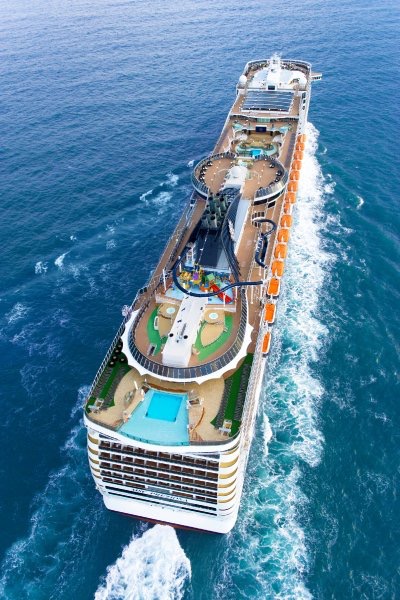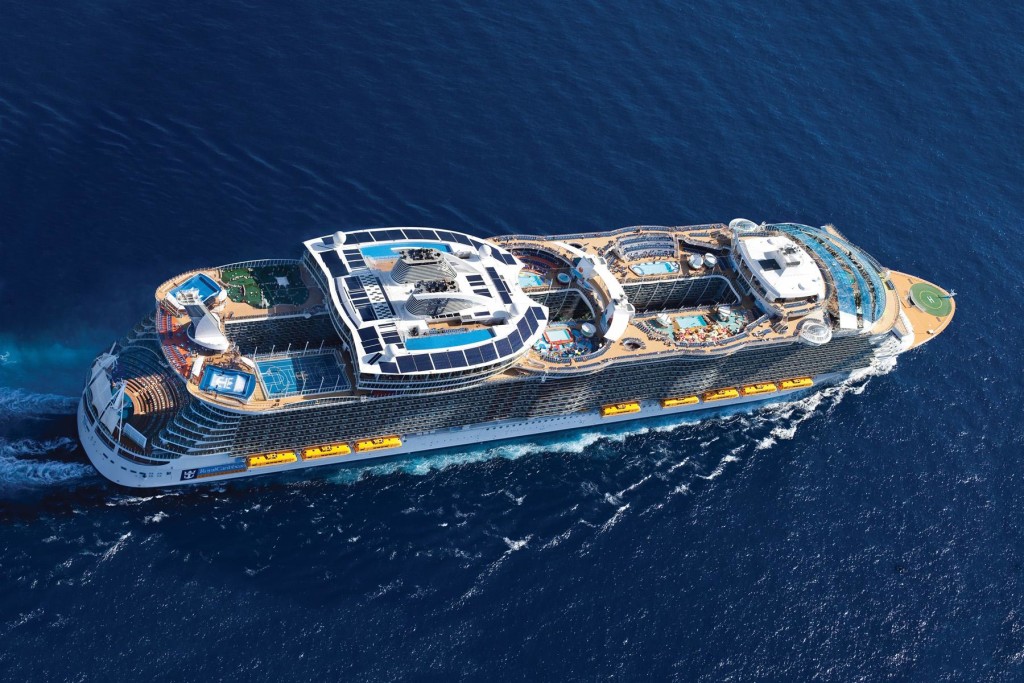CRUISING WHILE PREGNANT

It’s a question we often asked ourselves, cruising while pregnant, is it safe to go on a cruise during pregnancy? Practical answers on cruising while pregnant can be found at this resourceful article from BabyCenter.com
Source: BabyCenter.com
Read full article here Traveling by Cruise Ship when Pregnant
If you’re having a normal, healthy pregnancy, going on a cruise can be a safe, relaxing, and romantic vacation. Between the bracing ocean air and countless recreational activities to try, your biggest problem may be avoiding exhaustion from all the excitement.
But before booking a ticket, talk to your healthcare provider about whether a cruise is a good idea for you. If you have a medical condition that complicates your pregnancy, if you’ve had a previous preterm delivery, or if you’re expecting twins or higher multiples, your doctor or midwife may advise you not to go.
1. Pick your cruise carefully
Does the ship dock in countries where the food and water may not be safe or the healthcare services may be substandard? When you call cruise lines, ask whether there are any restrictions for pregnant travellers and whether medical professionals will be on board.
Keep in mind that some smaller ships (fewer than 100 passengers) may not have medical personnel on staff. And don’t rely on the ship’s pharmacy to stock your medications. Bring a supply to cover the entire trip and a written prescription that you can fill on shore if you lose anything.
2. Check your health insurance policy
Make sure you’ll be covered if you have any complications on board or at any of the ports of call. You can buy additional travel medical coverage directly from insurance companies and from most cruise lines.
3. Communicable diseases are likely to travel fast on a cruise ship
Communicable diseases are likely to travel fast on a cruise ship because of the crowded, enclosed environment. Consider checking with the Centers for Disease Control and Prevention to see whether your ship has passed a health and safety inspection recently. But even on ships that have a good health record, certain illnesses – like norovirus – can be a problem because the germs spread easily and can survive routine cleaning procedures.
And although most of the ship’s passengers have probably been vaccinated against preventable illnesses, crew members may come from developing countries where immunization rates could be low.

4. Restrictions on pregnant travellers (after 24 weeks of pregnancy)
Most cruise lines don’t allow pregnant women to sail starting around their third trimester. To sail with Carnival, for example, a mom-to-be can be no more than 24 weeks along at any time during the cruise. Pregnant travellers must also bring a doctor’s letter that declares you fit to travel and lists your expected due date. Specific policies vary, however, so check with the cruise line before booking.
Royal Caribbean International cannot accept guests who will have entered their 24th week of pregnancy by the beginning of, or at any time during the cruise or cruisetour.
MSC Cruises Policy: Pregnant women are highly recommended to seek medical advice prior to travel at any stage of their pregnancy. MSC Cruises cannot for safety reasons carry pregnant passengers of 24 weeks or more by the end of the cruise. MSC Cruises reserves the right to request a medical certificate at any stage of pregnancy and to refuse passage if the Carrier and/or the Master are not satisfied that the Passenger will be safe during the passage.
Disney Cruises Policy: Women who have entered their 24th week of pregnancy as of their embarkation date or who will enter their 24th week of pregnancy during the cruise will be refused passage due to safety concerns. Neither a physician’s medical statement nor a waiver of liability will be accepted. In addition, neither Disney Cruise Line nor the Carrier can be held responsible or liable for any complications relating to pregnancy at any stage. The minimum age to sail aboard any Vessel is 6 months of age on most itineraries, and the minimum age for Transatlantic, Hawaii, and Panama Canal itineraries is 1 year of age.
Even if the cruise line doesn’t require any documentation, bringing along a letter from your doctor can help you avoid unpleasant surprises at the boarding dock. Include your due date, any medical conditions you have, and any medication you’re taking.
5. Life Preserver fit for a pregnant belly
The only way to know for sure is to try it on as soon as you arrive at your cabin. Adult life preservers, also called personal flotation devices, are usually unisex, so they should fit larger sizes. If yours is too small or if you need help adjusting it to accommodate your belly, ask the cabin steward for assistance.

6. Seasickness
Pregnancy won’t make you more likely to feel seasick, but ocean travel can upset your stomach whether or not you’re pregnant. If you’re prone to motion sickness, you’re more likely to feel queasy at sea. And if you’re already suffering from morning sickness, the motion of the boat may make your nausea and vomiting even worse.
If you’re still having morning sickness, you may want to postpone taking a cruise until it subsides. Before you sail, ask your healthcare provider about seasickness medications that you can safely take during pregnancy. (Acupressure wristbands are one possible drug-free way to keep motion sickness at bay, though they don’t work for everyone.)
When choosing a cruise, keep in mind that larger ships tend to be the most stable on rough seas. For the smoothest ride, ask for a cabin in the middle of the ship, close to the water line.
Once on board, spend as much time on deck as possible. If you start to feel queasy, fix your gaze on the horizon. Eating light, nongreasy snacks (such as crackers) frequently can soothe an upset stomach. Some women find that sucking on ginger lozenges also does the trick.
If you’re prone to motion sickness, you may want to rethink your cruise plans – it’s especially important to stay hydrated when you’re pregnant, and it’s easy to become dehydrated rapidly from vomiting.
7. Comfort of cabin cruise ship
Cruise ships, especially the newer lines, can be remarkably comfortable. When you book your ticket, reserve a cabin with a full- or queen-size bed. Request the largest bed possible, especially if you’re travelling with your partner. (Shipboard bunk beds tend to be very narrow.) Once you’re on board, you can ask the cabin steward for extra blankets and pillows, too.
